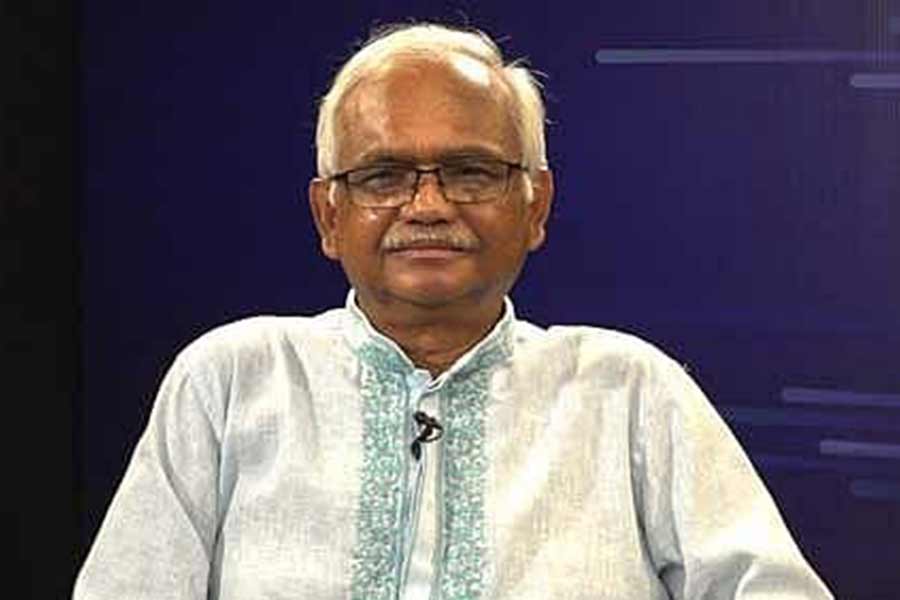‘Dengue may remain prevalent round-the-year from now on’
Public health expert Dr Mohammad Mushtuq Husain warns

Published :
Updated :

Bangladeshi public health expert Dr Mohammad Mushtuq Husain has termed the failure to contain the spread of dengue fever despite repeated warnings as institutional.
Mohammad Mushtuq Husain, a consultant for Public Health Emergency Preparedness and Response Planning under the IEDCR, also warned that dengue may remain prevalent round-the-year from now on as the winter in Bangladesh has been shortened and less chilly due to climate change.
“It’s [dengue] not a city-centred problem now as the outbreak spread to all corners of the country. [So far], they [the authorities] took a casual approach [to deal with the spread of the virus]. The government should acknowledge that it’s a ‘public health emergency’,” Dr Mushtuq said during an interview with bdnews24.com’s ‘Inside Out’.
The outbreak of dengue fever during monsoon became a regular phenomenon in Bangladesh, especially in the last decade or so, but in the last few years, the situation kept worsening as the number of hospitalisations and death toll rose exponentially.
Dr Mushtuq said all four dengue virus serotypes are currently active in Bangladesh.
“We [health experts] very much suspect that with all the variants being spread very quickly, the death toll may surpass the tally of 2022,” he said.
In 2022, Bangladesh recorded 181 deaths, the highest total of dengue-related death in a single year since record-keeping began in the 1960s. In 2021, the death toll was 105.
Dr Mushtuq advised the health authorities in Bangladesh to follow the ‘Kolkata model’ to permanently eradicate dengue from the country.
“Kolkata is very much like us [climate-wise]. The authorities there were able to get rid of [contain] it at least a decade ago. Dengue beams its head sporadically now and then, but not like [in] Bangladesh,” he said.
“The Indian city was able to get rid of dengue by recognising it as a policy-level problem, and made plans [long-term] to contain it [over the years], engaged responsible government agencies to make it happen.”
He also drew a parallel from the 1960s, when the government launched a five-year plan to deal with malaria, which in turn made the once-feared mosquito-borne disease almost non-existent in present-day Bangladesh.
“At the time, health authorities, local governments, and ministries like education, information, and home affairs made concerted efforts to eliminate malaria. If they could do it sixty years ago, why can’t we do it today [with advanced technology]?” questioned Dr Mushtuq.


 For all latest news, follow The Financial Express Google News channel.
For all latest news, follow The Financial Express Google News channel.